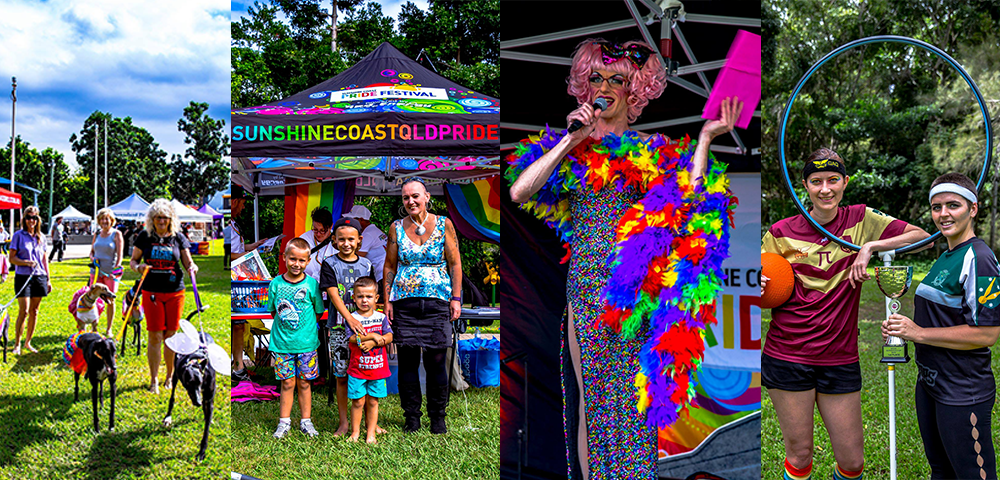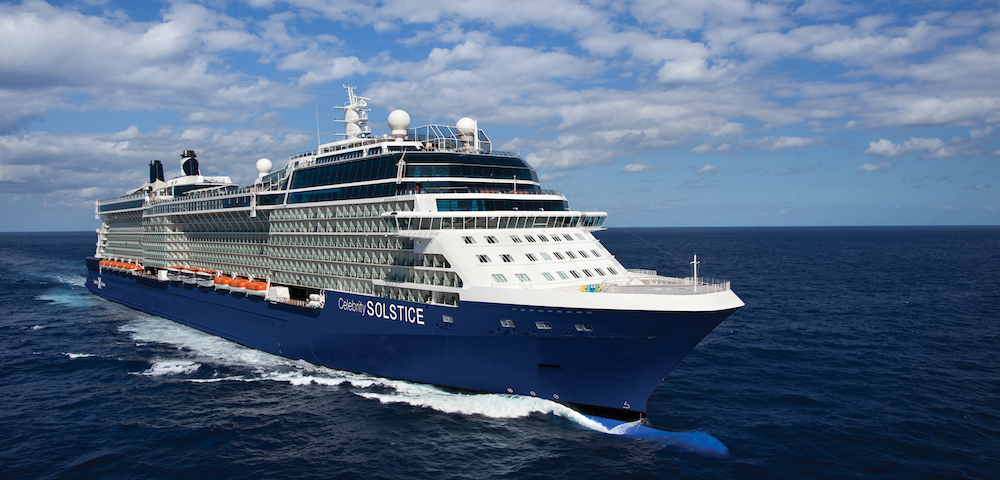
Crystal Meth Addiction: What If There Was An Effective Treatment And We Didn’t Use It?

Did you know that only one in ten people addicted to crystal meth gets the help they need? No medications have been proven to work, and most other treatments have limited success.
You might be surprised to learn that there is an effective treatment, but we don’t use it. The treatment, called contingency management, hails from the USA. It involves rewarding people for not using meth (in its simplest form, monetary vouchers for methamphetamine-negative urines). It is more effective than other available treatments, and the benefits last longer.
Commercial companies have latched onto the idea and made contingency management available online, allowing people to do treatment in the comfort of their own homes, eliminating the need to front up at a clinic. Online counselling is also available to those who want it.
While all this is going on, the treatment remains controversial. Nay-sayers argue that it is high-cost and politicians won’t like it. The effects won’t last. Drug testing is coercive, and it will undermine trust. It has not been taken up for good reason: people won’t like it.
What is surprising is that no one has asked people who use crystal meth what they think. We are doing a survey to find out. Love or hate the idea, we want to know what you think. Is this a treatment you would like to try? And if so, what should it look like?
You can access our confidential online survey here.
The survey takes about 20 minutes. To participate, you must be at least 18 years old, live in Australia, and have a recent history of using crystal meth/ice. You will get a $30 gift voucher for completing the survey. To receive the gift voucher, you must provide an Australian mobile phone number.
This research is being conducted by the National Drug and Alcohol Research Centre, UNSW and is funded by the National Centre for Clinical Research on Emerging Drugs (NCCRED). To find out more about the research visit the NDARC website: ndarc.med.unsw.edu.au









